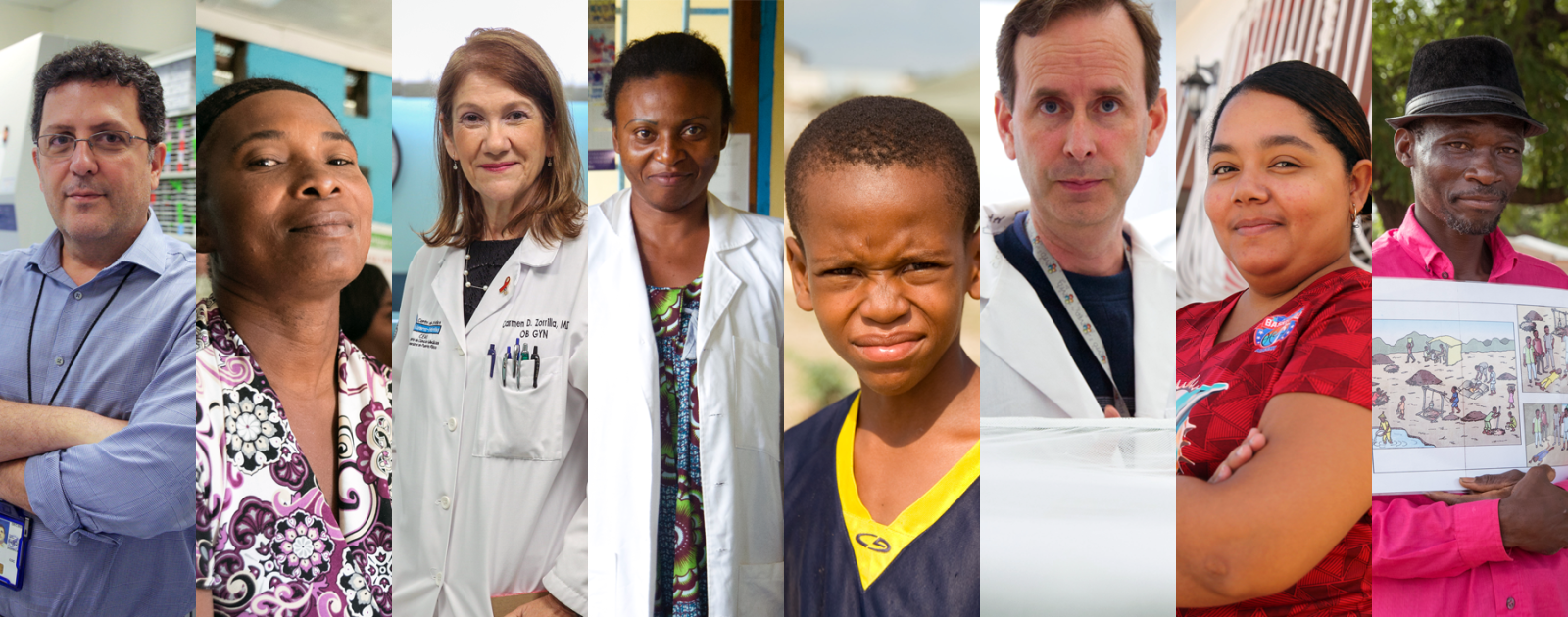Public Health Connects Us All
Public health is the science of protecting and improving the health of people and their communities. This work is achieved by promoting healthy lifestyles, researching disease and injury prevention, and detecting, preventing and responding to infectious diseases. Overall, public health is concerned with protecting the health of entire populations. These populations can be as small as a local neighborhood, or as big as an entire country or region of the world.
Stay informed about CDC Foundation's work to save and improve lives by advancing public health.
Subscribe to our Email Updates
Why is public health important?
Public health professionals try to prevent problems from happening or recurring through implementing educational programs, recommending policies, administering services and conducting research—in contrast to clinical professionals like doctors and nurses, who focus primarily on treating individuals after they become sick or injured.
How does CDC Foundation work to promote public health for all?
The CDC Foundation constantly innovates and advances the art and science of collaboration and effective program management to bring all parties into open, beneficial partnerships that serve the greater good of people and communities. Many partnership ideas originate from CDC scientists and other staff who see the value in collaborating with partners to extend CDC’s public health priorities. Other times, organizations in the philanthropic and private sectors recognize they can better accomplish their own health goals by working with CDC through the CDC Foundation to improve the public’s health. The CDC Foundation facilitates collaboration between the private and government sector through open dialogue, developing partnerships to leverage cross-sector resources, and sharing expertise.
